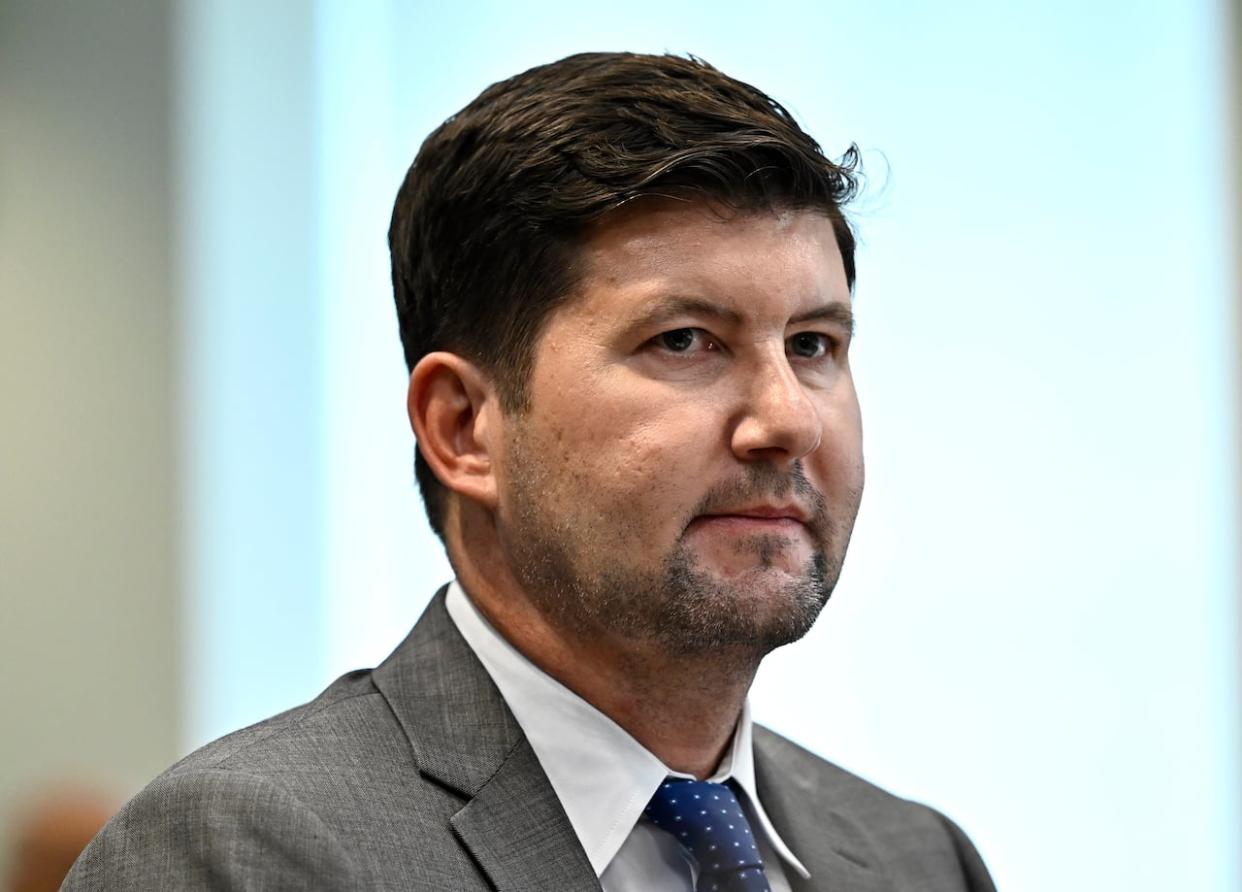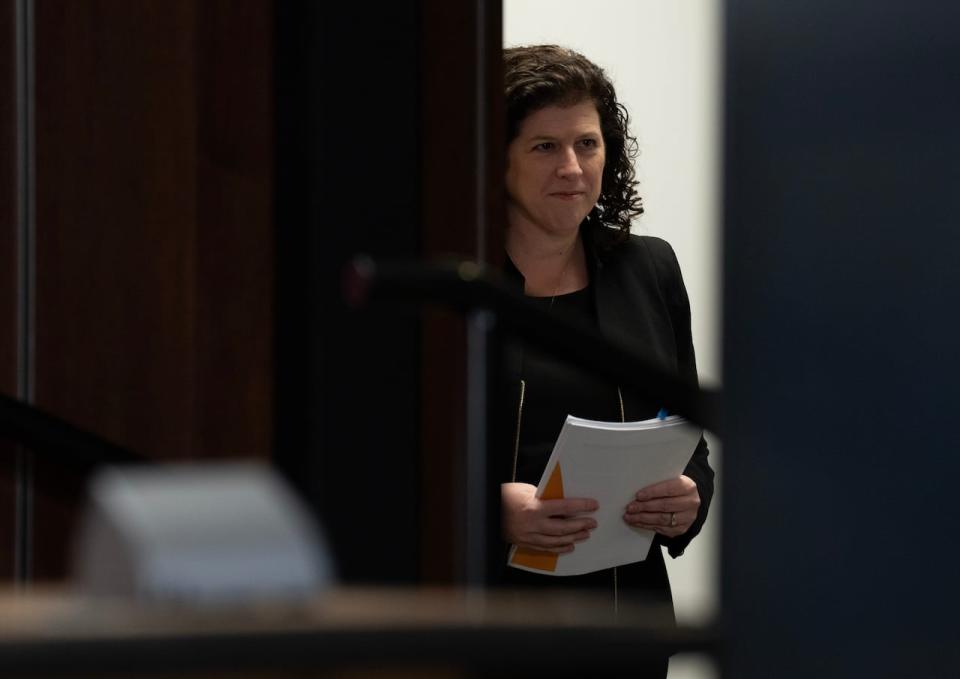Watchdog finds 'strong perception of favoritism' toward McKinsey in some government contracts

The federal procurement watchdog says the government has created a "strong perception of favouritism" in awarding certain contracts to the consulting firm McKinsey & Company.
A report released by Canada's procurement ombudsman Alexander Jeglic last month examined government contracts awarded to McKinsey between April 2011 and March 2023.
Jeglic found that McKinsey had been awarded dozens of contracts totalling $117 million over that period of time.
CBC News has reported that the amount of public money Ottawa has awarded to McKinsey has skyrocketed since the Liberals formed government in 2015. Jeglic's report echoes CBC's findings.
"The value of contracts awarded to McKinsey started to increase in 2018 with significant increases observed in 2019 through 2022," the report says.
Jeglic also noted that most of the contracts awarded to McKinsey were sole-sourced and primarily came through a "standing offer" — an agreement between the government and a contractor to provide goods and services under pre-established terms and costs. The government can then issue a "call-up" contract to the contractor to provide the services established in the offer when the need arises.
McKinsey was awarded a standing offer through Public Services and Procurement Canada (PSPC) to provide "benchmarking services which consist of functional tools, databases, and expert support to measure their performance against similar Canadian and international organizations," said Jeglic's report.
Ombud flags concerns about documentation
Jeglic says the standing offer was sole-sourced even though PSPC failed to provide proper justification for the non-competitive process.
"[McKinsey's standing offer] may have been improperly established on a non-competitive basis given that the sole-source justification documents provided did not contain the required information needed to justify this sole-source standing offer," the report says.
Jeglic also concluded that most of the call-ups issued under the standing offer "were void of any description of the requirement-specific work to be carried out by McKinsey and by extension, proper PSPC oversight"
Jeglic also voiced concerns about the ways in which McKinsey has been awarded some competitive contracts.
He said he found two incidents where the procurement process was altered to allow McKinsey to bid on a contract it wouldn't have qualified for otherwise.
In another case, Jeglic found that after an initial evaluation of two bids, a second re-evaluation was done that deemed McKinsey the only compliant bidder and disqualified the original "1st ranked bidder." Jeglic said there's a lack of documentation to explain why the second evaluation was conducted.
"Collectively, these observations create a strong perception of favouritism towards McKinsey," Jeglic wrote of some of the competitive contracting processes.

Auditor General Karen Hogan waits in a hallway to begin a news conference on Monday, February 12, 2024 in Ottawa. (Adrian Wyld/The Canadian Press)
Jeglic's report on McKinsey comes as the federal government faces heightened scrutiny over its contracting processes.
In February, Auditor General Karen Hogan released a report on the controversial ArriveCan application. In her report, Hogan said the ballooning costs of the project were a result of the government relying too much on third party contractors.
Hogan estimates the final cost of ArriveCan was just under $60 million, though she said an accurate costing is impossible to determine due to poor financial record-keeping.
In his McKinsey report, Jeglic noted that "general deficiency of documentation observed is an ongoing area of concern" in government procurement.
"[The ombudsman] has identified this same issue in numerous procurement practice reviews conducted over the past few years, involving more than a dozen departments and agencies," the report says.
"Without documentation to support contract award decisions, departments cannot demonstrate that the contracting process was compliant with applicable legislation and policy."
